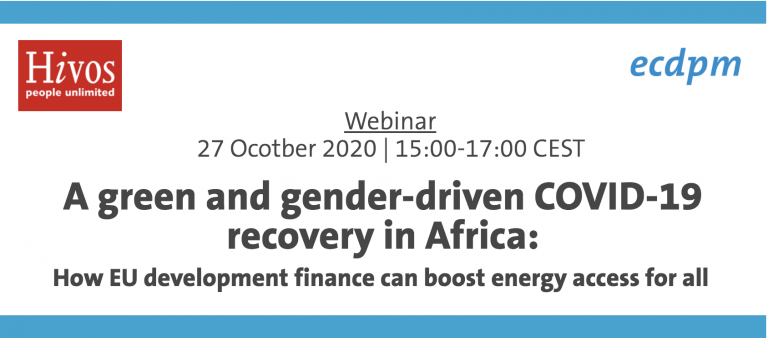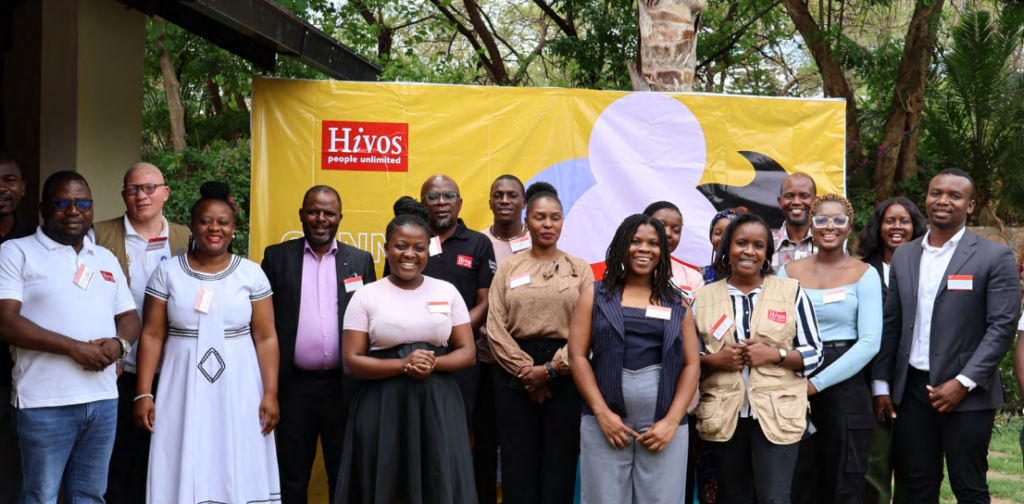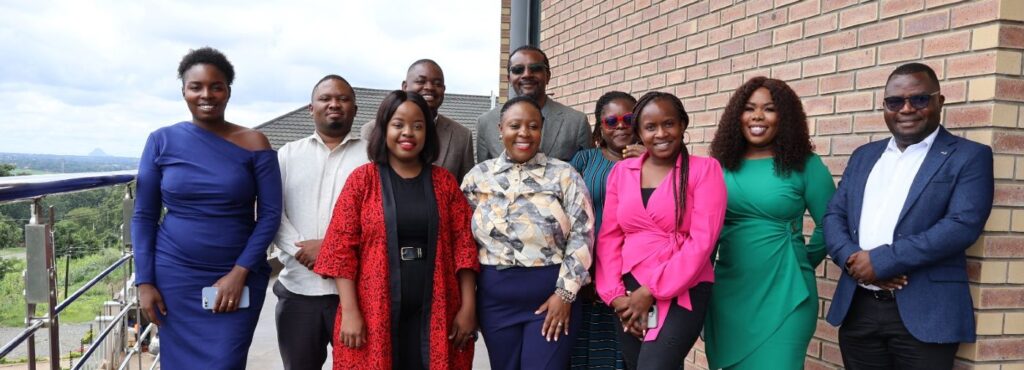The European Centre for Development Policy Management (ECDPM) and Hivos are organising a virtual conference on ‘A green and gender-driven COVID-19 recovery in Africa: How development finance can boost energy access for all’, where participants will explore how public funding and innovative forms of finance could be applied to provide energy to COVID-19 affected women – and vulnerable poor people in general – of the rural, semi-urban and urban poor communities in Africa.
The conference draws from and builds on key recommendations from the most recent research including the; 2020 Tracking SDG7 Report, COVID-19, gender and energy, the Hivos Energy response to COVID, and the European Green Deal. This event will focus on how a comprehensive and integrated EU toolbox can effectively promote gender-equal energy access for the last mile so as to ensure the realisation of SDG 5 and 7. It will stimulate sharing of experiences on how public grants and political dialogue can be used more strategically, and in a catalytic way to transform lives through mobilizing private finance and other means of implementation in less accessible, more gender-unequal and poorer communities, The potential of some energy initiatives such as the EU GET.invest and the EFSD energy investment window and EU-Africa strategy will be discussed. The event will further highlight the private sector needs and opportunities to illustrate possibilities for an integrated EU toolbox to ensure universal energy access by 2030.
Agenda
15:00 – 15:10 Welcome and Introduction – Rita Poppe (Hivos) and Pamella Eunice Ahairwe (ECDPM)
15:20 – 16:30 Panel Discussion & Q&A: Moderated by Pamella Eunice Ahairwe (ECDPM)
Keynote speech:
Stefano Signore – Head of Unit, C6 Sustainable Energy and Climate Change
Sharing Experiences:
Jan Gerald Andreas – KFW
Magi Matinga – ENERGIA
Michael Franz – GET.invest
MEP Maria Spyraki – full member of ITRE, Vice Chair in Climate change Intergroup
Habiba Ali – Founder, Managing Director and CEO, Sosai Renewable Energies.
16:30 – 17:00 Q&A
ECDPM’s San Bilal will also act as a contributor during this meeting.
Click here to register >>Photo: Mohamed Mambo/Hivos
Background
Prior to COVID-19, about 789 million people globally lacked access to electricity, 85% of which dwell in rural areas. Without any crisis at play, it was estimated that about 527 million people in sub-Saharan Africa (SSA) would still lack access to electricity by 2030. The actual number will be higher given the extent to which COVID-19 has disrupted policy implementation and the abilities of low income earners including women to afford clean energy, thus impacting already vulnerable SMEs operating in the off-grid energy sector. Remarkably, SSA’s current shortages of electricity alone are alarming. More than 80% of commercial businesses in the region that have access to electricity experience constant power outages leading to financial losses. In some countries, only 28% of health care centres have access to reliable energy supplies. Numbers on access to clean cooking solutions are even worse. About 2.8 billion people lack access to clean cooking solutions and rely on biomass solutions, which has heavy impacts on health and limits time available for productive activities. Inefficient cooking practices that mostly involve use of kerosene,wood, charcoal, peat, coal, among others also cause about 4 million deaths per year (mostly women and children) due to household air pollution. Such energy shortfalls largely women as owners of the informal micro and small businesses, as house care workers, as cooks, as expectant mothers needing health care and as healthy workers representing 65% of nurses in Africa.
The ongoing COVID-19 pandemic has not made it any easier. In developing countries, it has worsened the economic, health and social vulnerabilities of women in rural, semi-urban and urban areas. Women mostly engage in the informal sector, service and hospitality industries, and casual or less skilled jobs. The pandemic and its associated preventive measures have rendered such sectors, industries and jobs non-operational, driving many out of business and leaving others unemployed. Additionally, there is currently no social protection system that safeguards women––even those who operate in the formal sector or own businesses. Lockdown measures have also exacerbated gender-based violence and pollution-related diseases. The economic recession caused by COVID-19 will drive about 58 million people in sub-Saharan Africa––mainly women–– to fall into poverty, further affecting their access to clean energy. This will also hinder African countries from achieving a series of Sustainable Development Goals related to, gender equality, poverty, hunger and access to clean energy. Energy can improve women’s quality during and beyond the coronavirus crisis. Access to electricity, among other advantages, provides an opportunity for digitalisation. Electricity helps with work opportunities (such as e-commerce and teleworking), access to information, digital services (such as electronic banking and education), and clean cooking solutions.
Multiple development organisations, governments and private companies are thus focusing on providing access to sustainable, affordable and reliable energy. But this cannot be realised with development finance only. Strategic use of the limited amount of public finance is needed, with dedicated instruments to reach the last mile as well as targeting the private sector. Financing of the private sector particularly through a blended finance approach can be a vital strategy to raise additional capital for Africa’s development. However, this needs to be carefully designed and employed to reach all, including the poor and the remote. The European Green Deal is very promising and could help address these sub-Saharan Africa’s energy needs in a sustainable manner while ‘leaving no one behind’. It would help establish or scale-up the EU’s environment, energy and climate partnerships with especially Africa. The European Union through its European Investment Plan may deliver on its climate neutrality goal of reduced CO2 emissions in Africa by helping close the energy access gap while focusing on improved provisions of renewable energy and energy efficiency. The key question yet is, the EU can employ development finance in realising a just transition in a strong coherence with the European Green Deal external component to ensure a gender-equal integration of energy access for the last mile.




